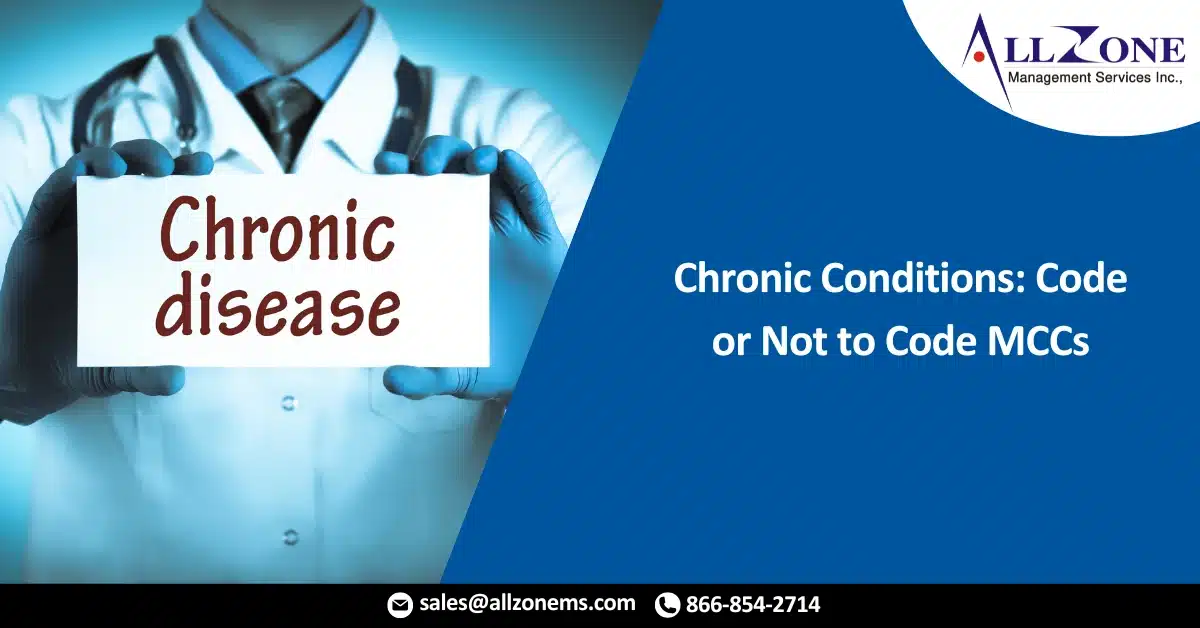The U.S. healthcare industry continues its digital transformation, with providers and payers embracing electronic transactions to streamline revenue cycle management (RCM) processes. According to the CAQH Index, adoption of electronic claims management transactions—such as eligibility verification, claim submissions, and claim status inquiries—has reached or surpassed 80% for many transaction types. However, significant gaps remain in […]
Charge Capture in Healthcare, a critical component of the revenue cycle management process, involves the accurate and timely documentation of all services rendered to patients. This includes procedures, tests, medications, and other healthcare services. While it may seem like a simple task, effective healthcare charge capture is essential to ensure optimal revenue cycle performance and […]
Getting bogged down by authorization denials? You’re not alone. Here, we explore common roadblocks and effective strategies to keep your revenue flowing smoothly. Challenge: Drowning in Last-Minute Authorizations Solution: Divide and Conquer with a Multi-Team Approach Separate teams can tackle present and future authorizations. The “Today” team verifies benefits and identifies authorization needs for upcoming […]
The Centers for Medicare & Medicaid Services (CMS) issued a policy change modification to the claims processing logic for Modifier 59 Distinct procedural service (and the optional patient-relationship modifiers XE, XS, XP, and XU) on February 15, 2019. These modifiers are only processed when applied to the Column 2 code in a bundled pair, per Correct Coding Initiative […]
Undercoding, or reporting a lesser service than was performed and documented, is sometimes employed as a defensive strategy to stave off claims denials or audits. But, undercoding can make a provider an outlier, and may create consequential patient care, compliance, and financial liabilities. For example: Undercoding Leaves Money On The Table, Driving Down Provider Reimbursement […]
Technology can transform data into actionable insights for providers needing to meet the demands of value-based care and consumerism in healthcare. Transforming raw data into actionable information is crucial to the financial future of provider organizations, especially as pressure builds on providers to align their care delivery approach with value-based care and consumerism in healthcare. […]
Ending surprise medical bills has risen to a national priority with bipartisan political interest. In January, President Donald Trump directed Cabinet officials to find a solution, and multiple congressional bills were proposed in the last Congress with the same goal. Surprise medical bills consist of unanticipated charges from out-of-network clinicians—often when the facility or primary physician is […]
“Separate procedure” may not mean what you think. Many procedural codes in the CPT® Book are designated as “separate procedures.” However, the common misinterpretation of this is that coders can report such codes as such in every case. Not true. First, you must consider: Were there other procedures performed during the same encounter? Did you consult […]
Even as health systems confront rising healthcare costs and declining margins, they are under pressure to improve the patient experience, retain customer loyalty and collect patient payments. But while two-thirds of patients said cost strongly influences their overall satisfaction with their hospital or physician, nearly 60% of health systems do not discuss costs with patients, […]
Understanding the correct use of chronic condition codes in the coding process. Unexpected and inaccurate medical bills can be alarming and shocking. Coders are often confused regarding when they should code co-morbid chronic conditions and when they should not. This leads to inaccurate coding of levels, or sometimes missing out on the opportunity of […]










